
Washington state asks judge to block new Trump travel ban
(CNN)Washington state asked a federal judge Thursday to block President Donald Trump's new travel ban, claiming that White House officials have admitted "current motivations are no different than the first time around."
Bob Ferguson, Washington state's attorney general, said that despite the recent exclusion of legal permanent residents and visa-holders from the new travel ban, the executive order still suffers from legal flaws, as it "purports to reinstate two provisions of the prior order" a federal judge in Seattle blocked last month.
The state highlighted in Thursday's court filing several statements from the President's "own senior advisers," including White House press secretary Sean Spicer and senior policy adviser Stephen Miller, suggesting "the principles of the executive order remain the same," and that the second executive order was intended to address only "very technical issues" and achieve "the same basic policy outcome."
US District Court Judge James Robart issued a nationwide temporary restraining order blocking implementation of key sections of the original travel ban on February 3.
Trump signed a new executive order Monday, however, banning foreign nationals from six Muslim-majority countries from entering the US for 90 days and all refugees for 120 days, but specifically excluded green card holders and those with existing valid visas from the new order.
The two states that filed the original lawsuit -- Washington and Minnesota -- argue that Robart's current temporary restraining order suspending the first travel ban should block implementation of the new executive order as well.
"The bottom line is that this Court already enjoined Defendants from suspending the U.S. Refugee Admissions Program and the entry of nationals from Iran, Libya, Somalia, Sudan, Syria, and Yemen. The President cannot unilaterally reinstate these provisions just by repackaging them," attorneys wrote in a court filing Thursday evening.
"This is not a new lawsuit -- we're saying that underlying injunction is still under effect on core provisions (of the executive order)," Ferguson further explained in a news conference Thursday.
The original ban included Iraq, but the new order does not. Yet Ferguson said that change doesn't pass muster.
Rather than a seven-nation ban, it's is only "now a six-nation ban," he said. "The language is virtually identical. ...This is effectively a Muslim ban."
"President Trump bears the burden of showing that the factual or legal background has changed significantly enough to warrant a modification of this Court's injunction. He has not met and cannot meet this burden," attorneys urged in the filing.
Attorneys general from Massachusetts, New York and Oregon confirmed Thursday they are also planning to join the lawsuit in Seattle.
The state of Hawaii this week also challenged Trump's new travel ban. A federal judge agreed to hear arguments on Wednesday -- one day before it is slated to go into effect on March 16.
Spicer said earlier Thursday afternoon that the executive order was consistent with federal law.
"We're going to go forward on this," Spicer said. "We feel very confident with how that was crafted and the input that was given."
The Justice Department filed a notice with Robart on Monday, saying the administration believes the new executive order "falls outside of the scope" of Robart's earlier ruling that blocked the original ban. The administration cited the substantial changes to the executive order, arguing that it "clarifies and narrows the scope of Executive action regarding immigration, extinguishes the need for emergent consideration, and eliminates the potential constitutional concerns identified by the Ninth Circuit."
Announcing the new executive order Monday, US Attorney General Jeff Sessions argued that the ban was necessary because "we cannot compromise our nation's security by allowing visitors entry when their own governments are unable or unwilling to provide the information we need to vet them responsibly, or when those governments actively support terrorism."
This story has been updated.



 0
0 
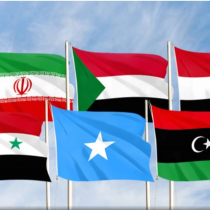
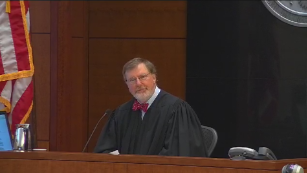


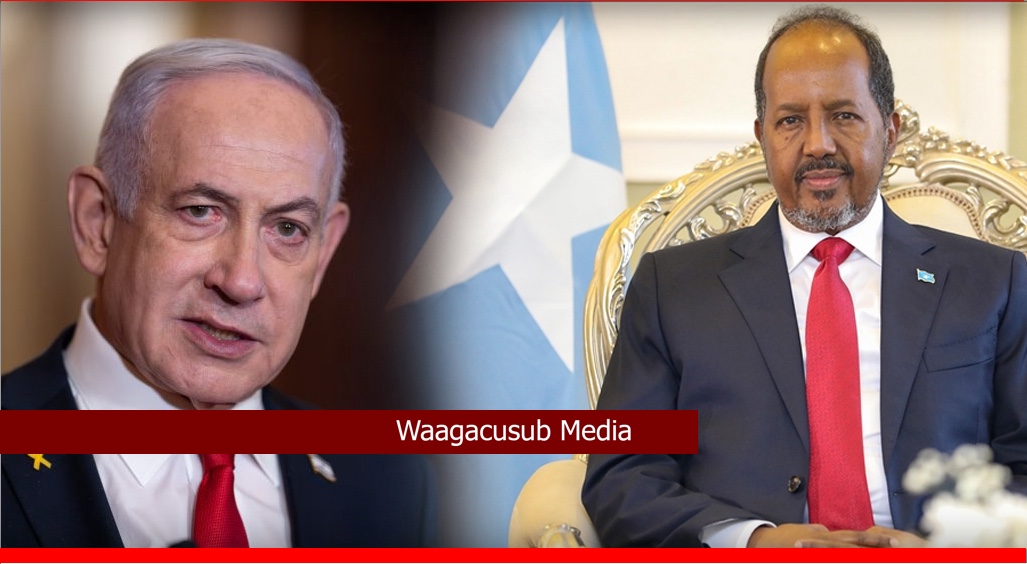


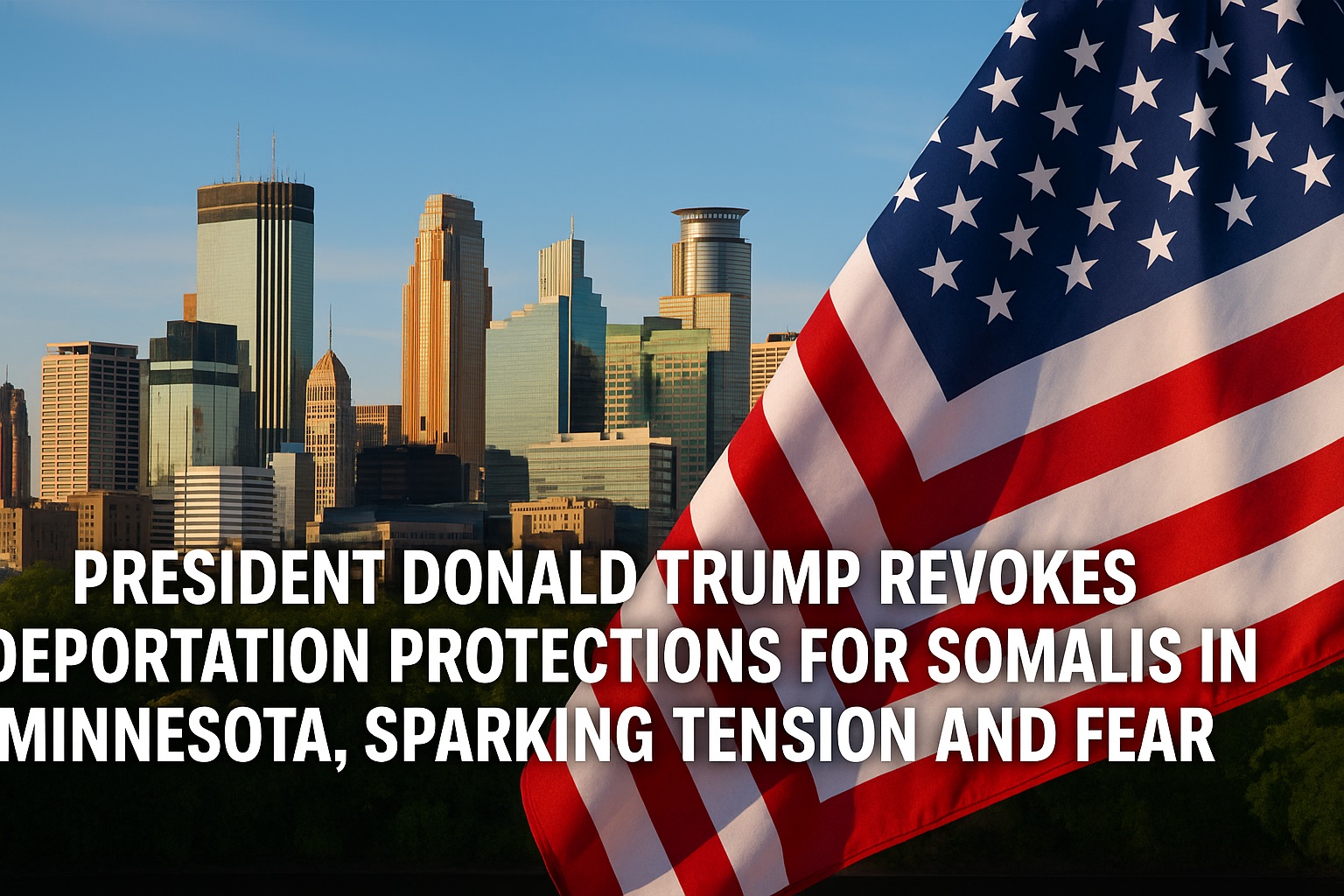

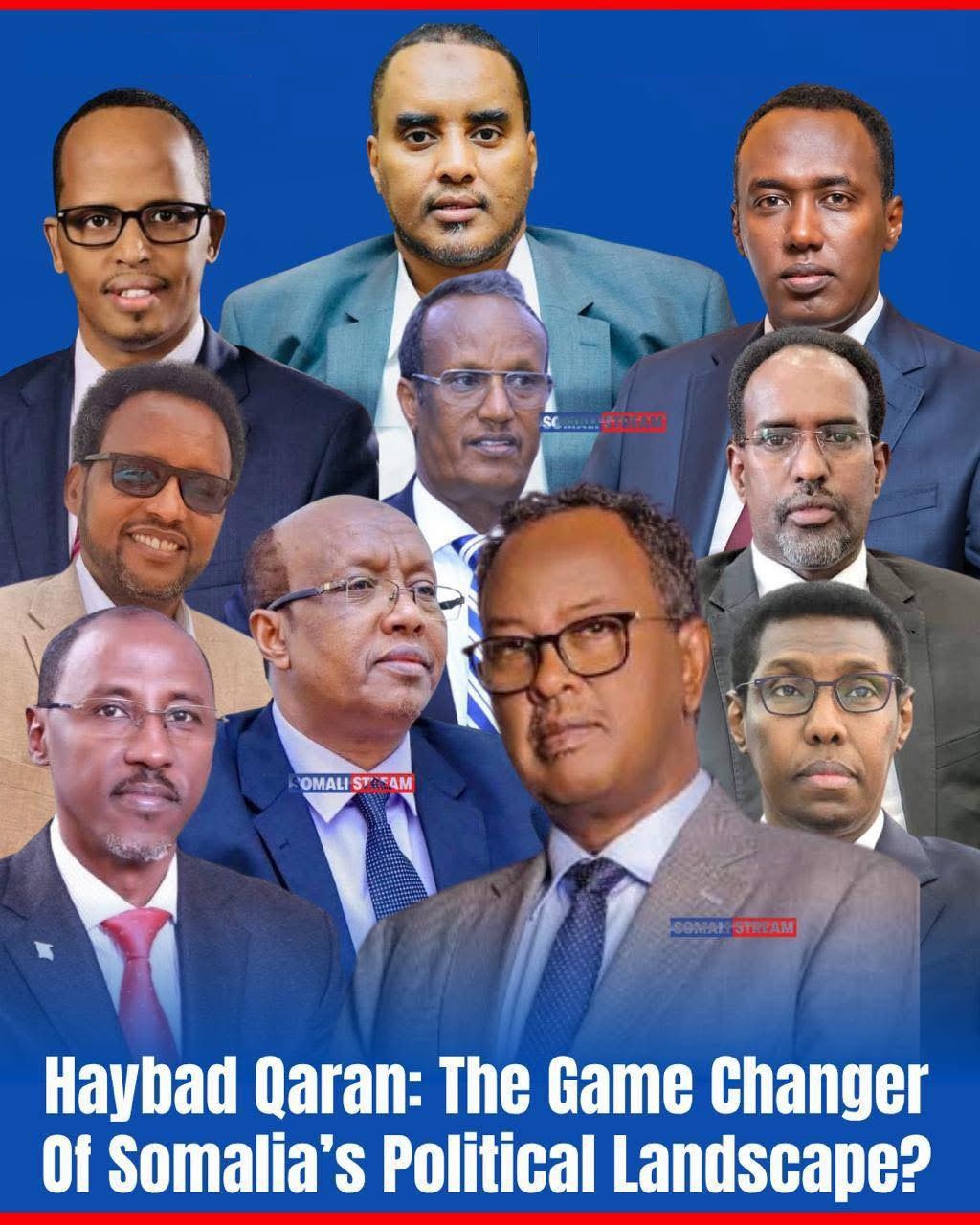


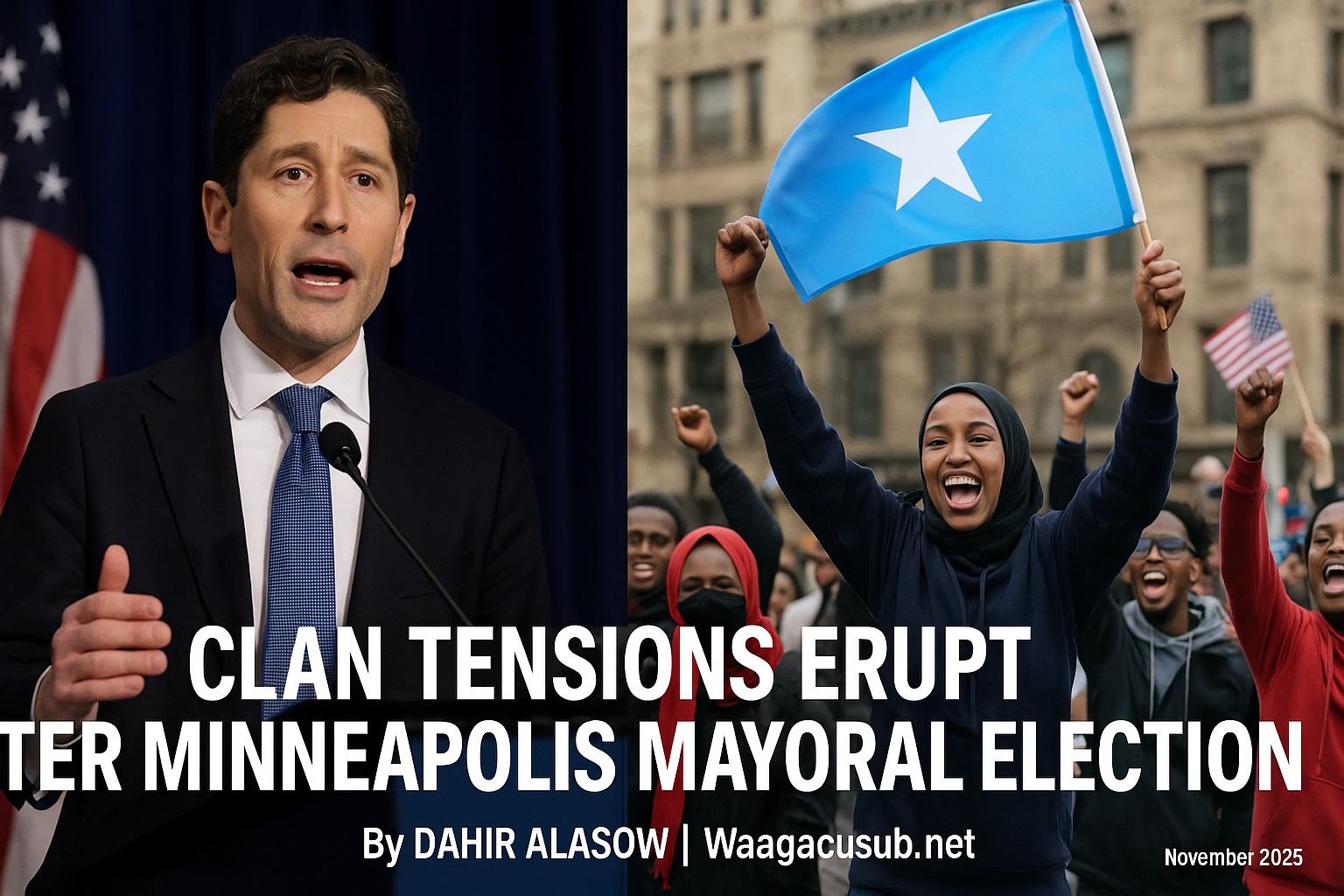


Washington state asks judge to block new Trump travel ban
(CNN)Washington state asked a federal judge Thursday to block President Donald Trump's new travel ban, claiming that White House officials have admitted "current motivations are no different than the first time around."